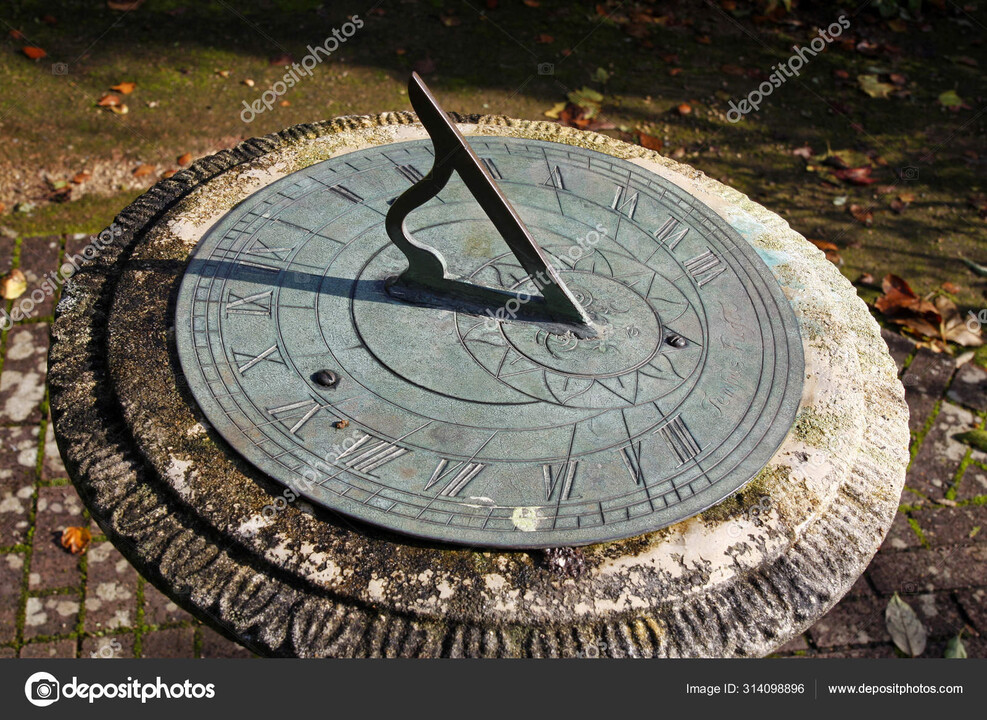
The Evolution of Timekeeping: From Ancient Sundials to Modern Atomic Clocks
The birth of time is a concept that has fascinated humans for millennia. While time itself is an abstract concept that cannot be seen or touched, its effects are all around us. From the changing seasons to the movement of the stars, time shapes the world we live in and the lives we lead.
The earliest humans likely based their understanding of time on the cycles of nature, such as the rising and setting of the sun and the phases of the moon. As human societies became more complex, people developed more sophisticated ways of measuring and marking time.

One of the earliest known timekeeping devices is the sundial, which dates back to ancient Egypt and Babylon. Sundials work by casting a shadow on a marked surface, which moves in a predictable way as the sun moves across the sky. The ancient Greeks developed the water clock, a device that used the flow of water to measure time.
In the Middle Ages, mechanical clocks were developed in Europe. These clocks used gears and weights to keep #time and were the first timekeeping devices that did not rely on the movement of the sun or stars. The development of clocks revolutionized #timekeeping and allowed for more precise measurement of time.
The invention of the pendulum clock in the 17th century brought even greater accuracy to timekeeping. Pendulum clocks use the regular motion of a pendulum to keep #time and were accurate to within a few seconds per day.
In the 20th century, the development of atomic clocks brought even greater precision to timekeeping. Atomic clocks use the vibrations of atoms to measure #time and are accurate to within a billionth of a second per day. Atomic clocks are used to keep time for global navigation systems, scientific experiments, and other applications that require extreme accuracy.
While the birth of time is a concept that has fascinated humans for millennia, it remains an abstract concept that cannot be fully understood. However, the development of timekeeping devices has allowed us to measure and mark the passage of time with greater accuracy and #precision and has enabled human societies to develop and thrive.